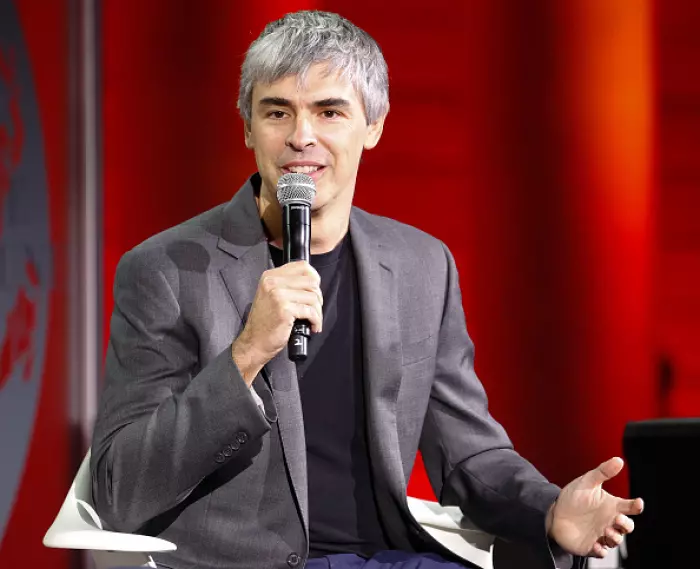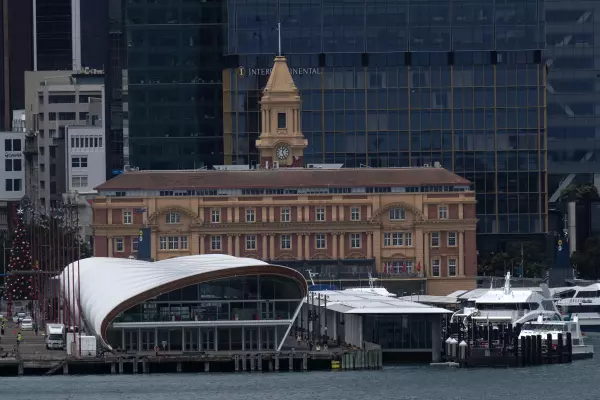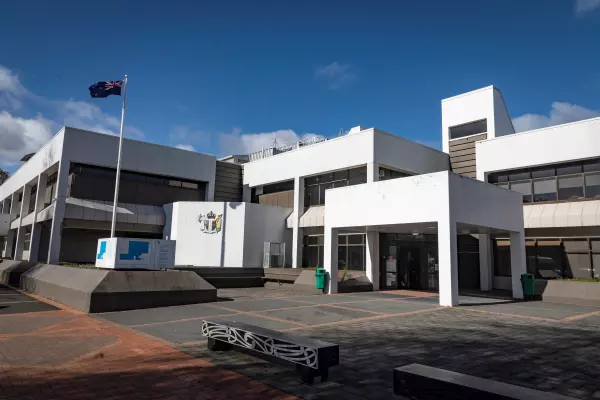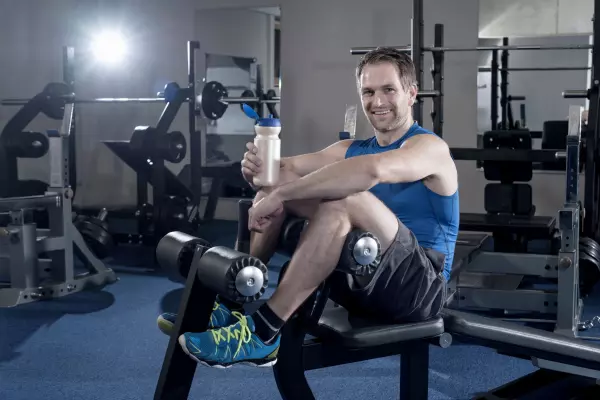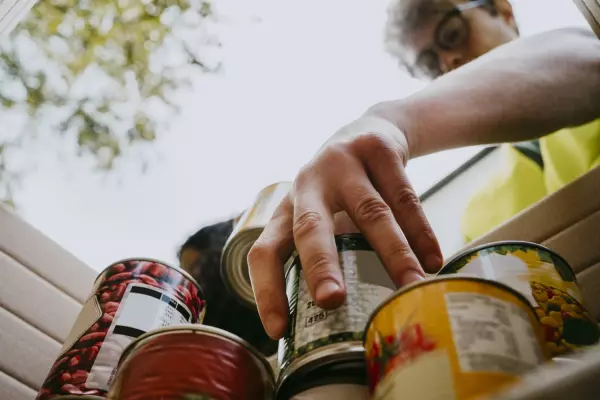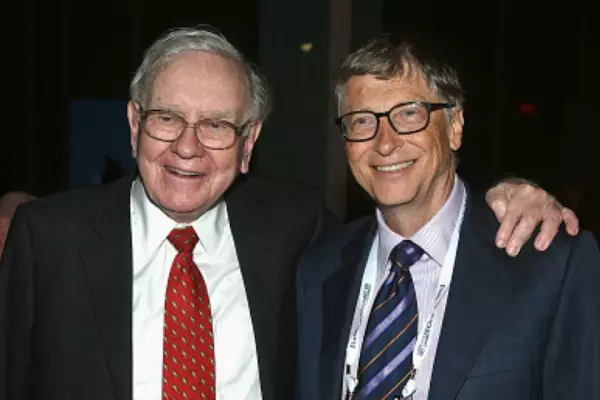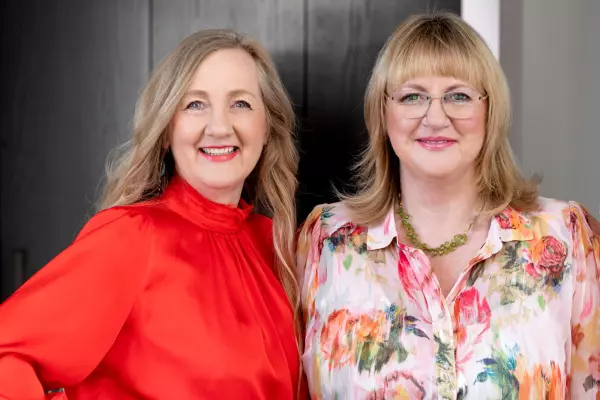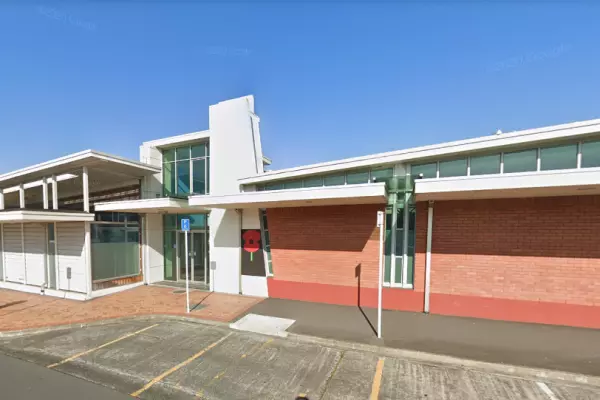Only one wealthy investor seeking residency in New Zealand has ever opted to donate money to charity as part of their visa requirements.
High net worth foreigners have invested more than $2 billion to obtain investor class 1 visas in NZ since 2017, but despite a change that year that made it possible for visa holders to invest up to 15% of their required $10 million investment in philanthropic donations, only one person has ever taken up the option.
The Ministry of Business, Innovation and Employment (MBIE), which houses Immigration NZ (INZ), supplied information about the investor class 1 and 2 visas to BusinessDesk under the Official Information Act (OIA).
The visas have been used by billionaires like Google co-founder Larry Page to gain residency in NZ.
Between 2016/17 and 2020/21, INZ approved 228 investor class 1 visas, which come with a requirement to invest a minimum of $10m in NZ for three years, typically in bonds, equity or property. The agency also approved 968 investor class 2 visas, which require a minimum $3m investment for four years (visa holders can reduce this to $2.5m if they invest at least $1.5m in growth assets).
INZ also issues approvals in principle on the visas, which typically gives the applicant up to 12 months to make the necessary investments.
As reported in the OIA, just one investor class 1 visa holder has ever opted to donate money to charity to satisfy the conditions of their visa. That person gave $500,000 but INZ refused to provide details about them or the charities they donated to, citing privacy.
“The individual invested in a range of charities and non-profit organisations,” an INZ official said in the response.
Despite collectively investing nearly $3b since 2016-17 (based on a minimum $3m spend, not the discounted rate), no investor class 2 visa holder has ever opted to make a philanthropic donation to satisfy their visa requirements.
Bankers working with investor migrants suggested to BusinessDesk that the data may not provide the full picture, as migrants might make donations outside their visa requirements.
However, philanthropy experts want to see more giving enabled through the visas.
Change is coming
As part of the OIA request, BusinessDesk asked INZ why it had capped philanthropic giving at 15% of the required investment for the visas.
In her response letter, INZ border visa operations acting general manager, Sarah Clifford, said: “This was intended to recognise genuine philanthropic donations to registered charities as well as suitable not-for-profit organisations, while still mitigating the risks of inappropriate or disreputable organisations receiving funds.”
As previously reported by BusinessDesk, the government is set to announce changes to the investor class visas, widely tipped to be an increase in the investment thresholds. Immigration minister Kris Faafoi refused to provide briefings on the matter on the grounds they were under active consideration.
Philanthropy NZ chief executive Sue McCabe previously said she hoped the 15% limit would be scrapped as part of any reform.
“We support greater investment in charities through a range of ways, including removing the maximum 15% cap and ensuring there’s good promotion and implementation guidance about the option of philanthropy as part of the pathway for investor migrants.”
In a submission to the Productivity Commission last year, the Bank of NZ (BNZ), which works extensively in the migrant investor space, said there was high demand from investor migrants, due in part to the NZ covid-19 response.
Due to this demand, the bank recommended increased commitments from migrant investors, in both funds required and how NZ expected the funds to be invested.
Among its recommendations, BNZ said philanthropic giving could, alongside other active forms of investment, give migrants a faster and easier path to residency.
“Philanthropy should also be supported and encouraged via a partnership approach with a philanthropic organisation to deliver research, giving options and to facilitate introductions within that community,” the submission said.


